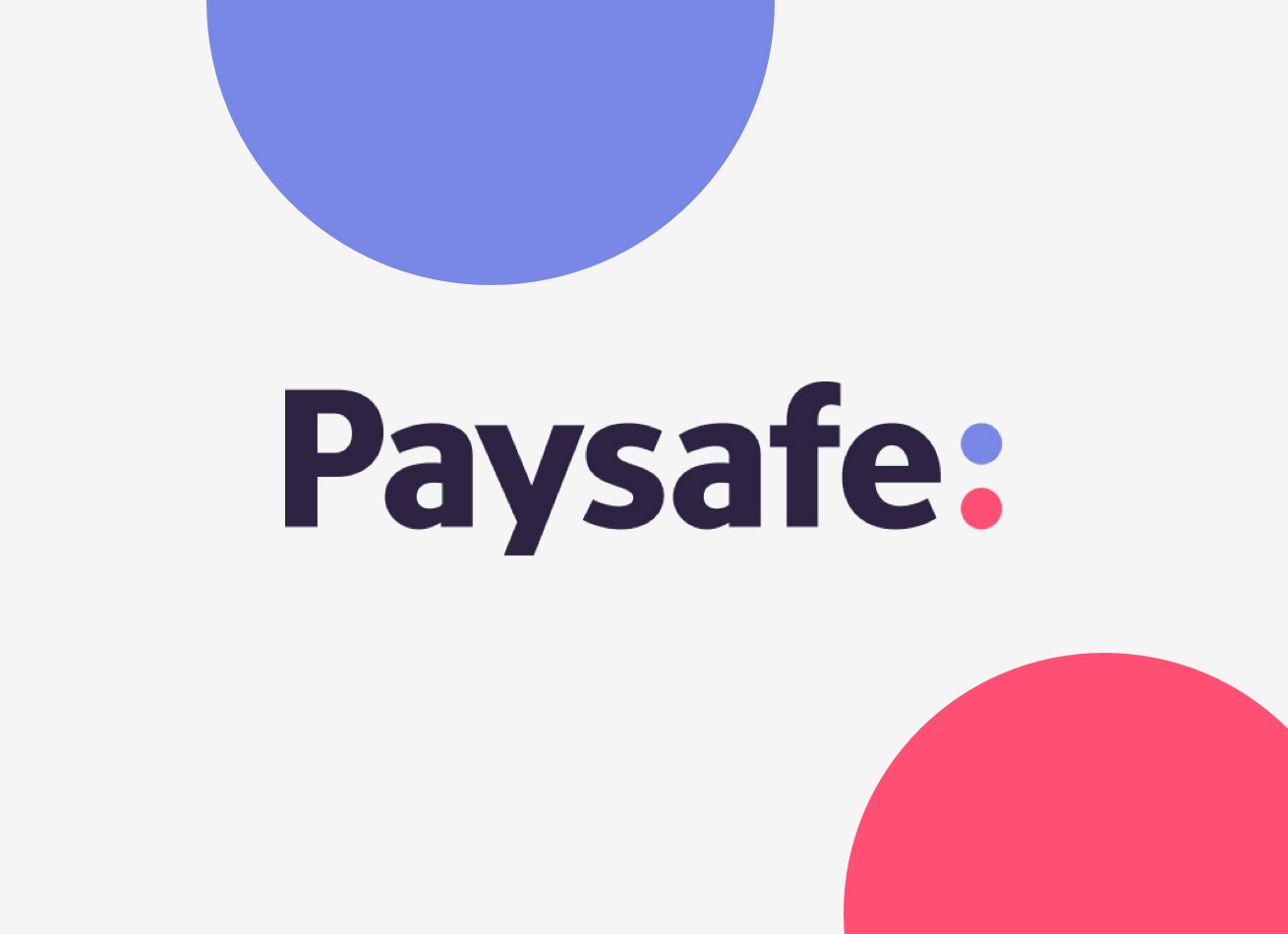Revolutionizing Cross-Platform Apps with React Native
In the ever-evolving landscape of mobile app development, React Native has emerged as a true game changer, disrupting the traditional approach of building separate native apps for iOS and Android. This open-source framework, developed by Facebook, has gained immense popularity for its ability to create high-quality, cross-platform apps using JavaScript and React, a popular JavaScript library for building user interfaces.
What Makes React Native a Game Changer?
-
Code Reusability: One of the most significant advantages of React Native is code reusability. Developers can write a single codebase in JavaScript and deploy it on both iOS and Android platforms, drastically reducing development time and effort compared to building separate native apps. This not only saves time but also ensures consistency across platforms, leading to a more unified user experience.
-
Cost-Efficiency: By leveraging code reusability and a streamlined development process, React Native significantly lowers development costs. Businesses can save on hiring separate iOS and Android development teams and streamline their maintenance efforts. This cost-efficiency makes React Native a particularly attractive option for startups and small businesses with limited budgets.
-
Faster Time-to-Market: With a single codebase and efficient development workflows, React Native apps can be launched faster, giving businesses a competitive edge. This accelerated time-to-market allows companies to quickly respond to market trends and user feedback, ensuring their apps remain relevant and engaging.
-
Near-Native Performance: React Native apps leverage native components, resulting in near-native performance. Unlike hybrid apps that run in a webview, React Native apps render UI elements using the native platform’s rendering engine, providing a smoother and more responsive user experience.
-
Large and Vibrant Community: React Native boasts a vast and active community of developers, contributing to a rich ecosystem of libraries, tools, and resources. This community-driven approach ensures that developers have access to ample support, tutorials, and solutions for common challenges, making the development process smoother and more efficient.
-
Hot Reloading for Rapid Development: React Native’s “hot reloading” feature is a game changer for developers. It allows you to see the effects of code changes instantly, without the need for a full app rebuild. This rapid feedback loop accelerates development, fosters experimentation, and enhances productivity.
-
Simplified UI Development: React Native’s component-based architecture makes UI development more intuitive and efficient. Developers can build complex user interfaces by combining reusable components, leading to cleaner code, easier maintenance, and a consistent look and feel across the app.
Who’s Using React Native?
Numerous renowned companies have embraced React Native for their mobile app development needs, including Facebook, Instagram, Airbnb, Tesla, Skype, Pinterest, and Walmart. This widespread adoption speaks volumes about the framework’s maturity, reliability, and ability to deliver high-quality apps at scale.
Is React Native Right for Your Project?
While React Native offers numerous advantages, it’s not a one-size-fits-all solution. Consider the following factors when deciding if it’s the right fit for your project:
- Complexity: React Native is well-suited for most apps, but for highly complex or performance-critical applications, native development might be a better choice.
- Platform-Specific Features: If your app requires extensive use of platform-specific features, you might need to write some native code alongside React Native.
- Budget and Time Constraints: React Native’s cost-effectiveness and rapid development cycle make it a great option for projects with limited resources.
In conclusion, React Native app development is a game changer in the mobile development landscape. Its code reusability, cost-efficiency, faster time-to-market, and near-native performance make it a compelling choice for businesses and developers alike. By leveraging its strengths and understanding its limitations, you can harness the power of React Native to build high-quality, cross-platform apps that delight users and drive business success.




























